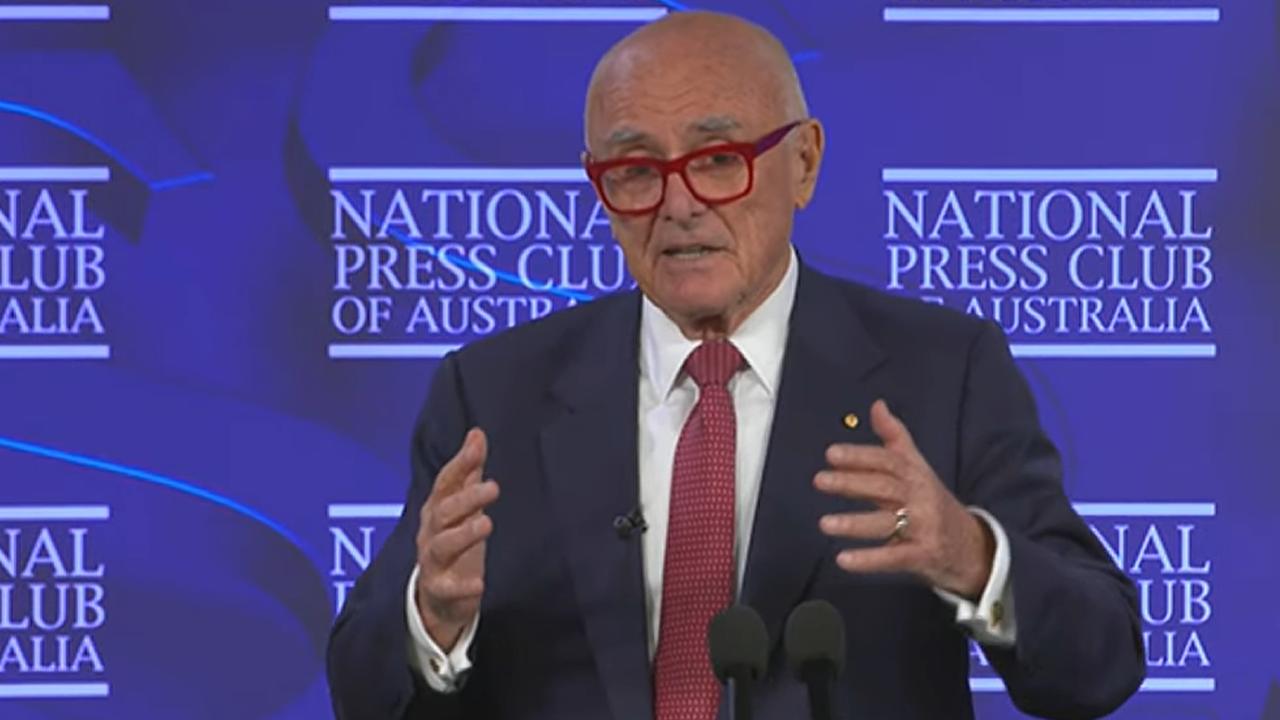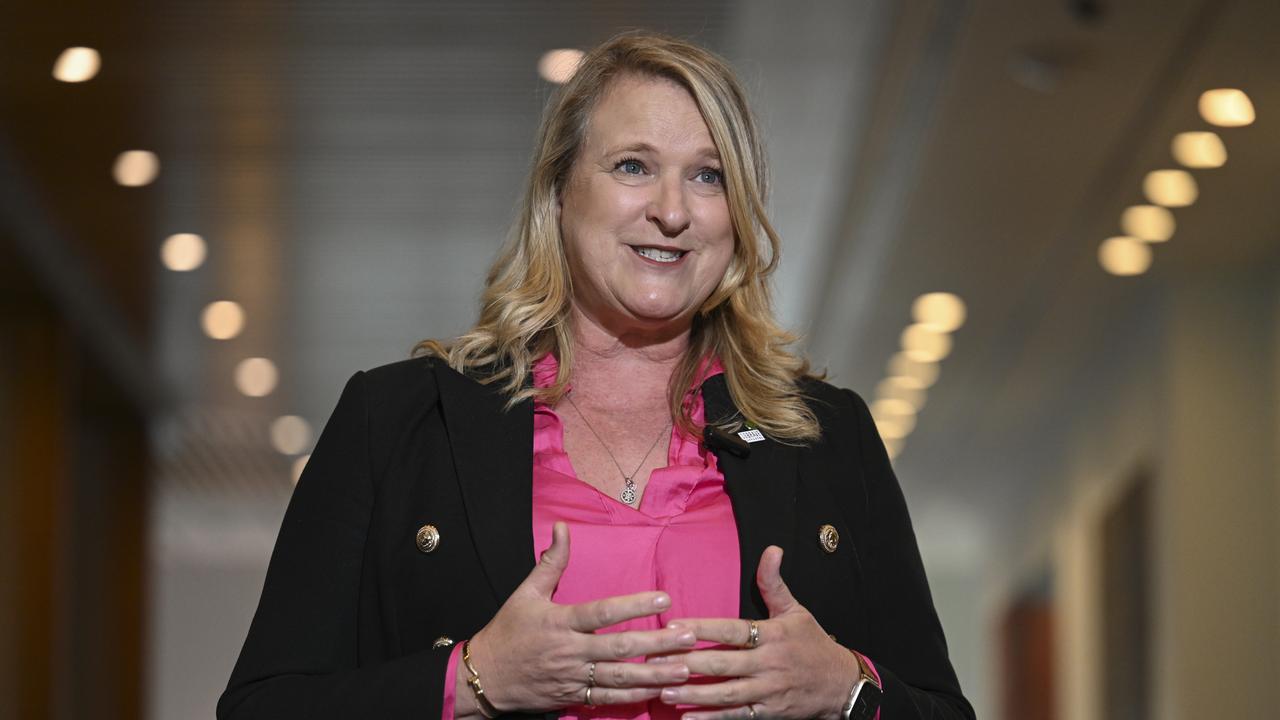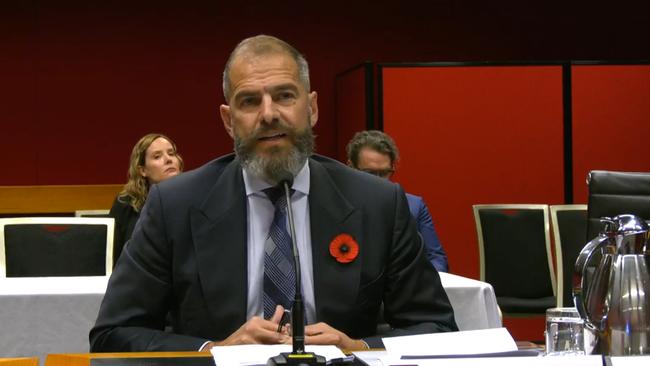
It seems a deal may be near in the long-running legal slog between the NSW government and fallen property developer Grocon, which have fought a long battle over an alleged stitch-up over the Central Barangaroo project.
Readers may remember Grocon and its scion Daniel Grollo went to war with Infrastructure NSW, claiming the state government agency dudded it on its deal to sell its Central Barangaroo project to Chinese developer Aqualand in July 2019.
Grocon had spent years trying to secure sight line approvals for its proposed project in Central Barangaroo, on the Sydney CBD’s western flank, which would see the NSW government agree on exactly how big they could build and where.
But just a day after the deal was done Aqualand was handed its sight line rulings, in a move Grocon claims was a sign the state government set out to dud the developer, which collapsed into administration soon after.
Creditors were promised a cut of any settlement from the NSW government, with Grocon demanding $240m in restitution.
Last Friday gave a hint a resolution may be soon at hand, with Banco Chambers counsel Daniel Barnett, acting for iNSW, telling a judge there was a “very real chance of settlement” between the parties.
An iNSW spokesman said as much in a note to this column noting mediation between the two was continuing.
But how much changes hands is still very much up in the air, with Grocon and iNSW back before a judge on December 21 to see how the deal-making has gone.
We hope it’s a merry Christmas.
Open letter to staff
After plenty of fence sitting the Guardian has finally decided it would really like its well-meaning reporters to please stop signing open letters right now.
In an email to all staff Guardian editor in chief Kath Viner, Australia editor Lenore Taylor and US editor Betsy Reed all acknowledged the obvious and warned of consequences.
The three amigas warned their reporters, many of whom put their names to an open letter that made headlines in recent weeks, to pull their heads in, saying it had the potential to impact the Guardian’s “ability to report the news in a fair and fact-based way”.
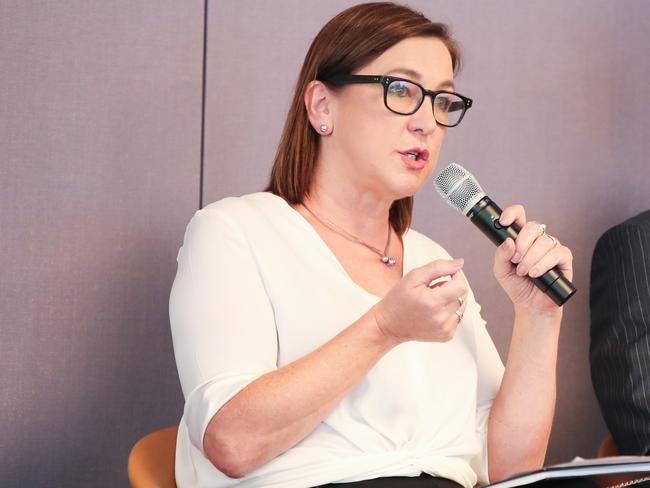
Social media has been ablaze in the wake of the publication of the open letter, which was endorsed by the Media Entertainment and Arts Alliance at a national meeting.
The aftershocks of the letter have seen several media organisations wade into the muck to warn staff against public proclamations of politics.
The move may come as a shock to the many journalists at The Guardian who pushed for the publication’s house committee to openly back the open letter, which calls for an end to “both-sideism”.
The Guardian’s high council warned staff senior editors would decide “from now on, where we consider that potentials/open letters or social media posts risk compromising our editorial integrity”.
“Whatever your intentions, signing petitions and posting on social media risks upsetting your colleagues and can create an impression of bias,” Viner, Taylor and Reed said. Ultimately it could make it harder for your colleagues in the region to do their jobs and could even put them at risk.” Time for another open letter to editors?
A farewell to arms
Peace at last! Labor lobbyist and Sky News host Graham Richardson and his former business partner Danny Meares have smoked the peace pipe and laid down arms after waging legal war for almost two years.
Richardson and Meares have been at it, before the Federal Court, for some time now after Richo took aim at his former business partner, claiming the restaurateur and proprietor of the Townsville Watermark Bar and Grill deprived him from the profits after selling their jointly owned business without his knowledge of consent.
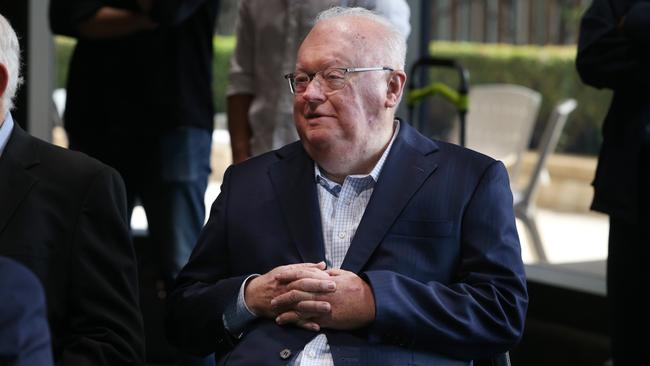
Richo, who owned 10 per cent of the bar and grill, said he was deprived of his cut of the $2.5m sale in 2021 to Kickon Group, with money sent to a series of entities associated with Meares and not back to the Labor lobbyist.
But orders made by Justice Yaseen Shariiff reveal both sides have come to a very confidential deal.
“The court notes that the parties have resolved the disputes the subject matter of the proceedings pursuant to a confidential deed of settlement and release that has not been provided to the Court,” Sharriff noted.
No costs orders were made, with Richardson and Meares to pay their own way.
When this column reached Richardson he said: “It’s very disappointing that I had to take a friend of 40 years to court”.
“That will live with me for a long time,” he said.
Cheque Please!
Big shoes to fill
The West Australian government has plenty of problems these days, with the latest being the retirement of long-term minister Bill Johnston at the end of the year.
Johnston’s brief contained most of the traditional problem portfolios for a modern Labor minister – mines and petroleum, energy and industrial relations.
These days, the mining and petroleum gig is probably the least contentious – but, given the importance of the sector in Western Australia, the question of his successor is the object of a fair bit of speculation in the state’s mining lobby.
The primary job of a Labor resources minister is to hose down any suggestion of increases in taxes and royalties and, while it’s difficult to ensure complete harmony with the industry, to make sure no major items of the political furniture get wrecked in the lead-up to polling time.
Two names are getting the running in WA – Local Government and Ports Minister David Michael is seen as a reasonably safe set of hands.
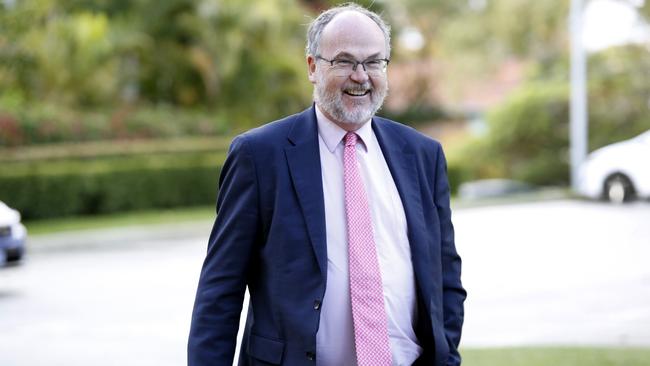
The other is Emergency Services Minister Stephen Dawson, currently also Labor’s deputy leader in the state’s upper house.
That might be more of a problem for some, given Dawson’s previous ministerial duties included a stint as the state’s Aboriginal affairs minister.
He was, in fact, the minister responsible for the drafting and passage of Western Australia’s widely hated Aboriginal Heritage Act, introduced in the wake of Rio Tinto’s Juukan Gorge debacle.
While the big miners were relatively comfortable with the laws, they were rushed through parliament in late 2021 without the kind of scrutiny that can help turn bad laws into something workable.
In the end the revised Act pleased almost nobody else – it did not go far enough for traditional owner groups, and farmers and smaller miners greeted the legislation with the kind of vocal opposition usually reserved for tax hikes.
Dawson lost the Aboriginal Affairs portfolio in a ministerial reshuffle shortly after they were passed by WA’s parliament, and as a result was standing nowhere near the humiliating mess when the Labor government scrapped the laws in September, only a few months after they came into effect.
Still, WA sources suggest the possibility of his appointment as Mines and Petroleum Minister has sections of the state’s powerful resources industry on edge ahead of this week’s Labor caucus to appoint a successor to Johnson.





